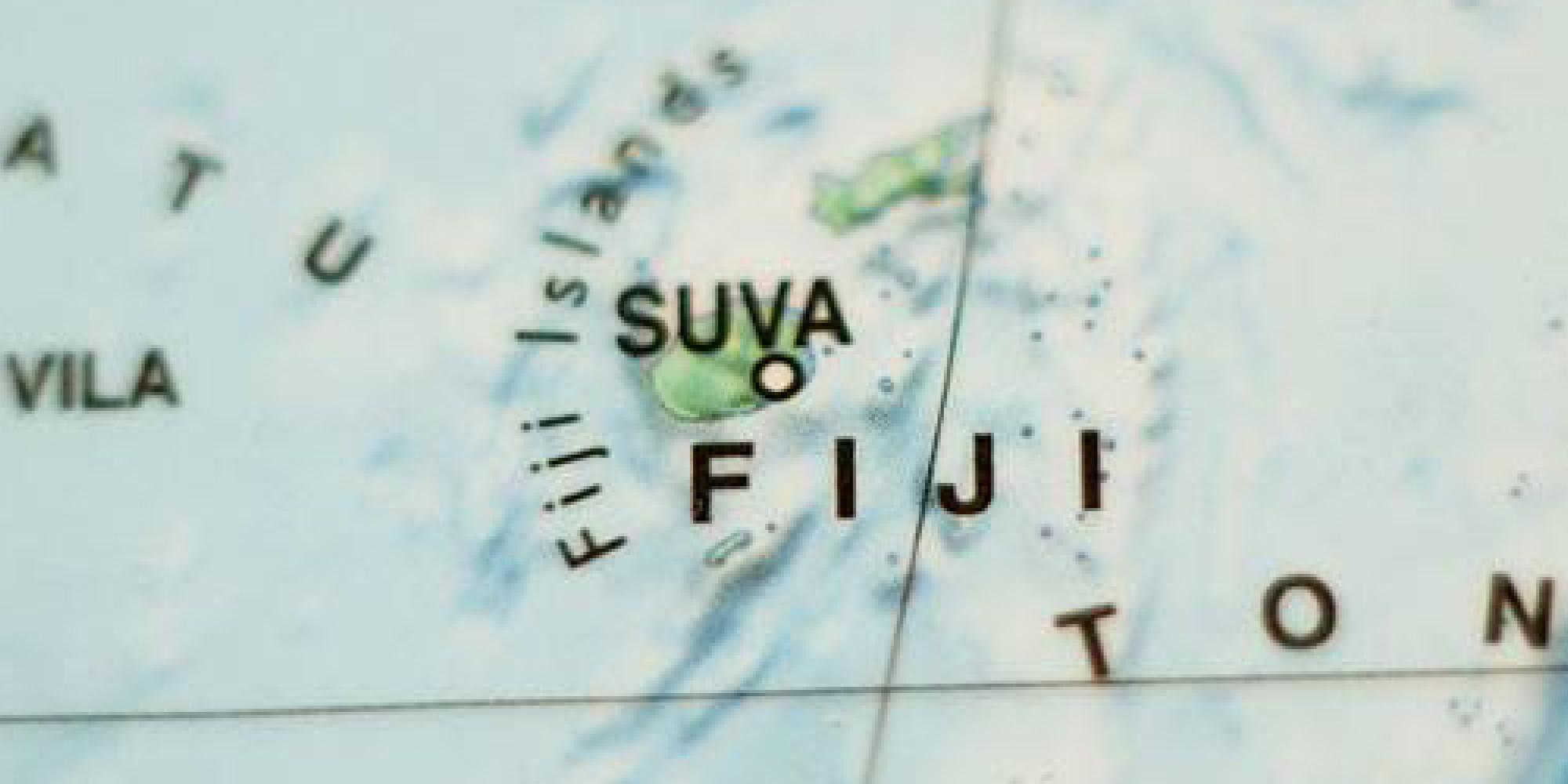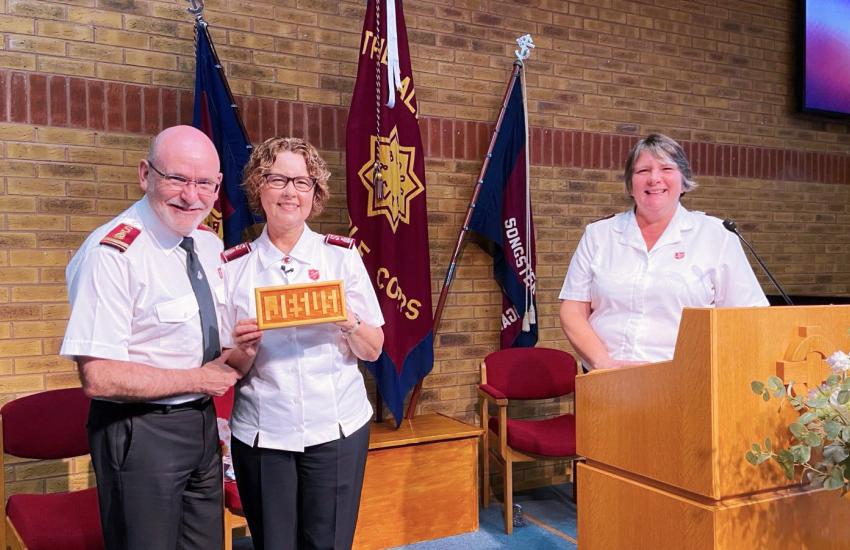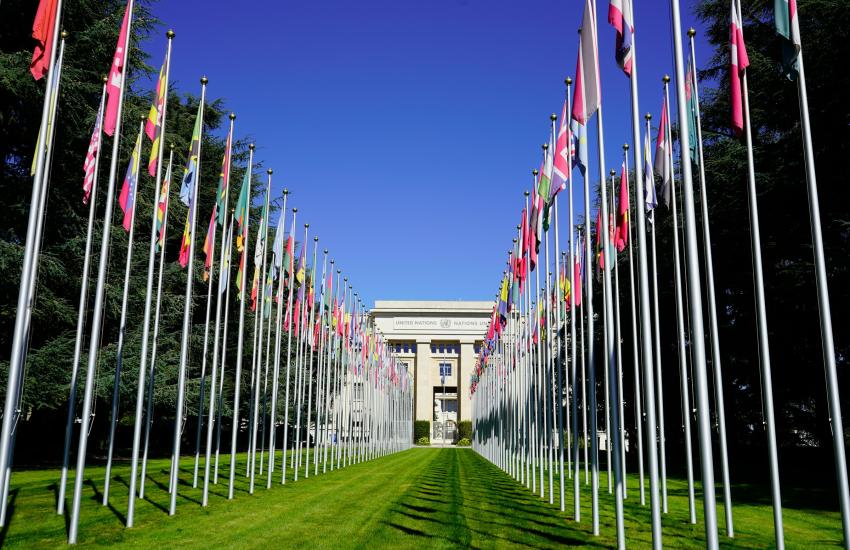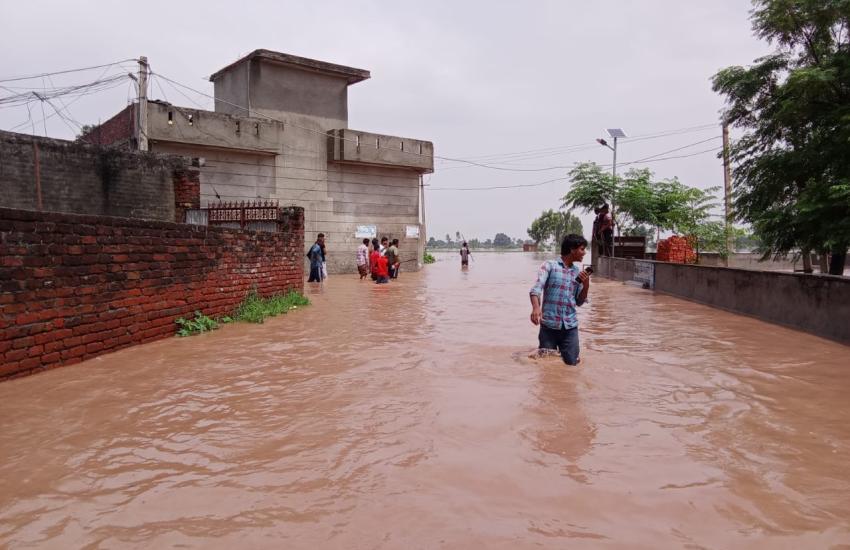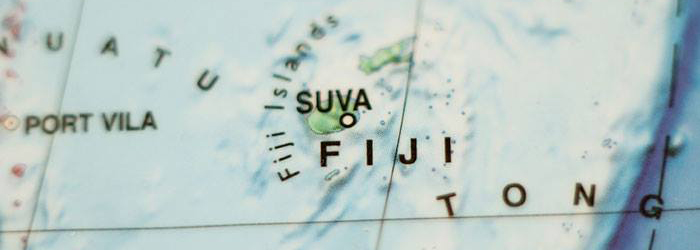
CATEGORY 5 storm Winston caused devastation in parts of the Pacific nation of Fiji overnight on Saturday 20 February 2016. With wind speeds exceeding 200 miles per hour and waves of up to 12 metres, Cyclone Winston was one of the most severe weather systems ever to hit the southern hemisphere. At least 20 people were killed, power and communications disrupted and thousands of people moved to evacuation centres.
The Salvation Army established 10 such centres in Labasa, Ba, Nadi, Sigatoka, Suva Central, Raiwai, Lomaivuna, Nasinu, Saweni and Lautoka, although due to a government-imposed curfew some were unable to open – a pattern that was witnessed across the country.
Using funds made available by New Zealand’s Ministry of Foreign Affairs and Trade Aid Programme, The Salvation Army in Fiji provided immediate and ongoing relief to cyclone and flood-affected people. This included the supply of emergency containers stocked with mattresses, generators, shovels, wheelbarrows, chainsaws and protective clothing. As part of the cyclone preparedness training, all Salvation Army officers in Fiji are skilled in emergency crowd management and grief counselling.
At around noon on Sunday, the Nadi evacuation centre was full and there were 40 people at Lomaivuna, 30 at Sigatoka, 30 at Ba, 20 at Saweni and 6 at Nasinu. Salvation Army church services had been cancelled to ensure the safety of members. ‘There has been some damage to Salvation Army properties,’ detailed Major David Noakes, The Salvation Army’s Divisional Commander for Fiji. ‘Some of our refuge centres struggled with internal flooding – the force of the wind was such that hurricane shutters were ineffective.’
The major explained that The Salvation Army would have a better idea of needs over the next few days, but one priority after meeting initial urgent needs would be restocking the emergency containers for the next natural disaster.
Major Noakes was ‘expecting a considerable food bill, particularly as support for displaced people might be required for some time’. The Salvation Army is anticipating that more people will be referred by police and the country’s Disaster Management Committee as they continue to find those in difficulty.
‘The worst situation we’ve been made aware of to date is in Rakiraki [where] The Salvation Army’s officers had to evacuate their house due to leaks but are now back home and looking after several families, all of whom have lost their homes.’
‘Thank you for your ongoing prayers for Fiji,’ concludes Major Noakes. ‘We are very proud of our people here and their service to others, despite the disruption to their own lives.’
Report by IHQ Communications
Based on reports from New Zealand, Fiji and Tonga Territory
